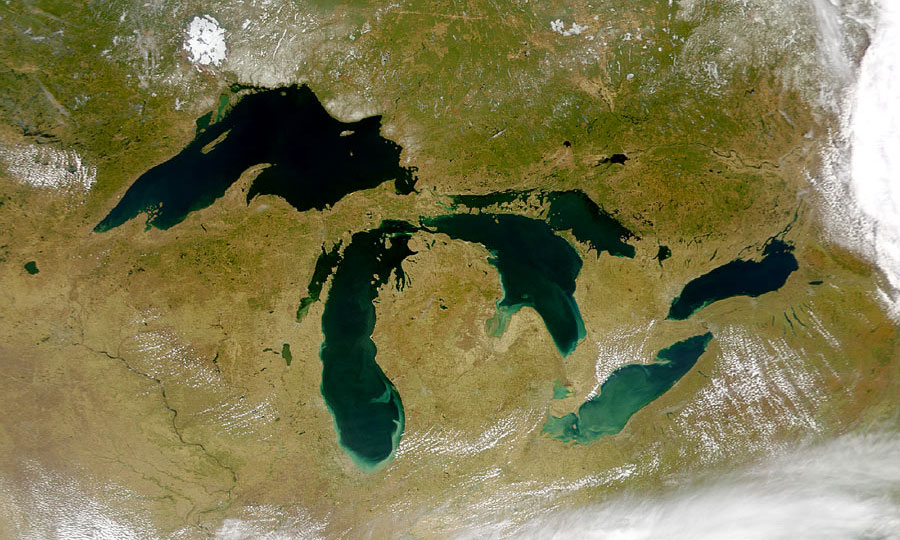[Post author: Lauren Murphy]
The days are getting longer, the weather is getting warmer, and music festival season is rapidly approaching. Every year, music festivals across the country attract hundreds of thousands of music enthusiasts. Many of these festivals are taking action to become more sustainable and encouraging their attendees to do so as well.
Summer Camp Music Festival – Chillicothe, IL – May 23-25, 2014
Summer Camp Music Festival has a team of volunteers that help collect and sort trash, as well as educate festival attendees about the recycling and composting programs that are offered. With color coded trash bins and portable recycling bags, Summer Camp makes it easy for fans to help keep the festival clean. Moreover, the festival requires that all vendors use compostable materials, greatly limiting the amount of trash that ends up in a landfill.
Every year, Summer Camp brings in numerous nonprofit organizations to promote sustainability, renewable energy, and carbon offsetting amongst the festival-goers. Attendees learn about many different ways that they can lower their impact on the environment, even after the festival is over.
Working with engineers at Caterpillar, Summer Camp has been able to use a higher concentration of biodiesel in their generators for all electricity needs, which significantly lowers their use of traditional energy sources. For the past three years, the festival tracked and offset their estimated CO2 emissions to reduced their environmental footprint.
To learn more about this eco-friendly festival’s sustainability initiatives, visit the Summer Camp Music Festival website.
Pitchfork Music Festival – Chicago, IL – July 18-20, 2014
Through recycling programs, purchasing carbon offsets, and using sustainable power, Pitchfork Music Festival takes responsibility for their environmental impact, and acknowledges the importance of encouraging their fans to participate in the efforts to become a clean, green festival.
Recycling crews work with vendors to separate the trash generated at the festival, sending food waste to composting facilities and recycling as much as possible. Additionally, the festival has reduced oil demand and carbon emissions by powering the festival entirely with biodiesel and using hybrid vehicles for festival and musician transport. Pitchfork understands that being an international music festival creates the need for a lot of travel, which is why the festival has decided to buy carbon offsets to cover the transportation of all of their musicians. Purchasing these carbon offsets help fund projects to reduce CO2 emissions, so the festival strongly encourages attendees to purchase their own as well.
Visit the Pitchfork website for more information.
Lollapalooza – Chicago, IL – August 1-3, 2014
Lollapalooza is constantly seeking new, eco-friendly businesses to join the ‘Green Street Art Market’. Local businesses, as well as artisans from across the globe, are encouraged to promote their environmentally responsible goods to the thousands of fans that walk by throughout the weekend.
For the past few years, Lollapalooza has partnered with Camelbak to provide free, ice cold water to festival-goers at several filling stations throughout the park. This encourages the use of reusable water bottles and hydration packs and prevents up to 3.2 million disposable water bottles from becoming waste at the end of the 3-day festival. Lollapalooza also has hundreds of recycling bins located throughout the entire park, many of which are accompanied by a volunteer to inform people of what types of trash should be discarded into each container.
The festival implemented these programs not only to prevent the festival from causing harm to the environment and promote environmental awareness, but also to encourage volunteers from the Chicagoland area to be a part of the Environmental Initiatives programs. The application will become available mid-May, so check the volunteer information section of the FAQ page often throughout May because positions fill up quickly!
More information about the festival can be found on the Lollapalooza website.
